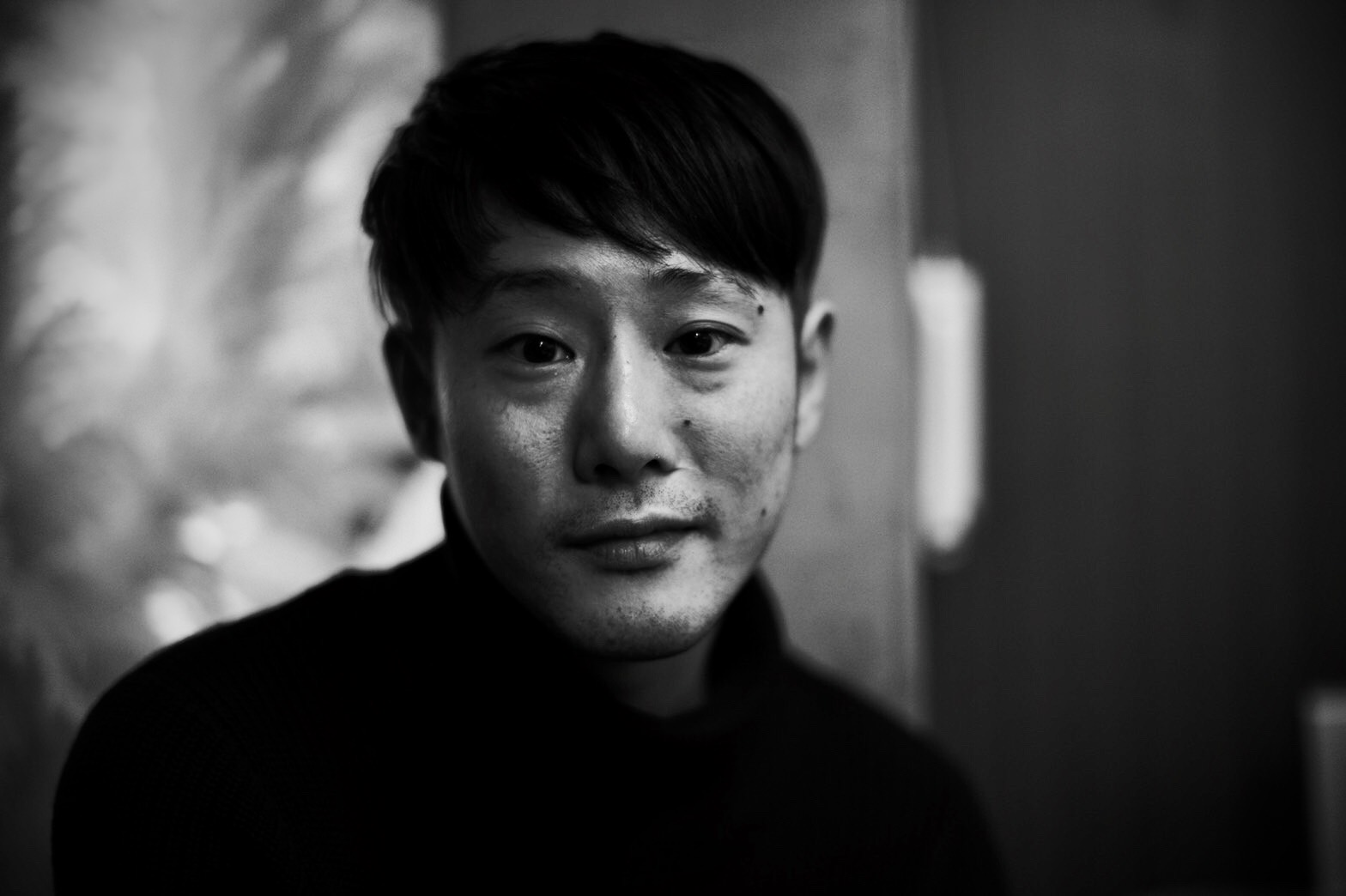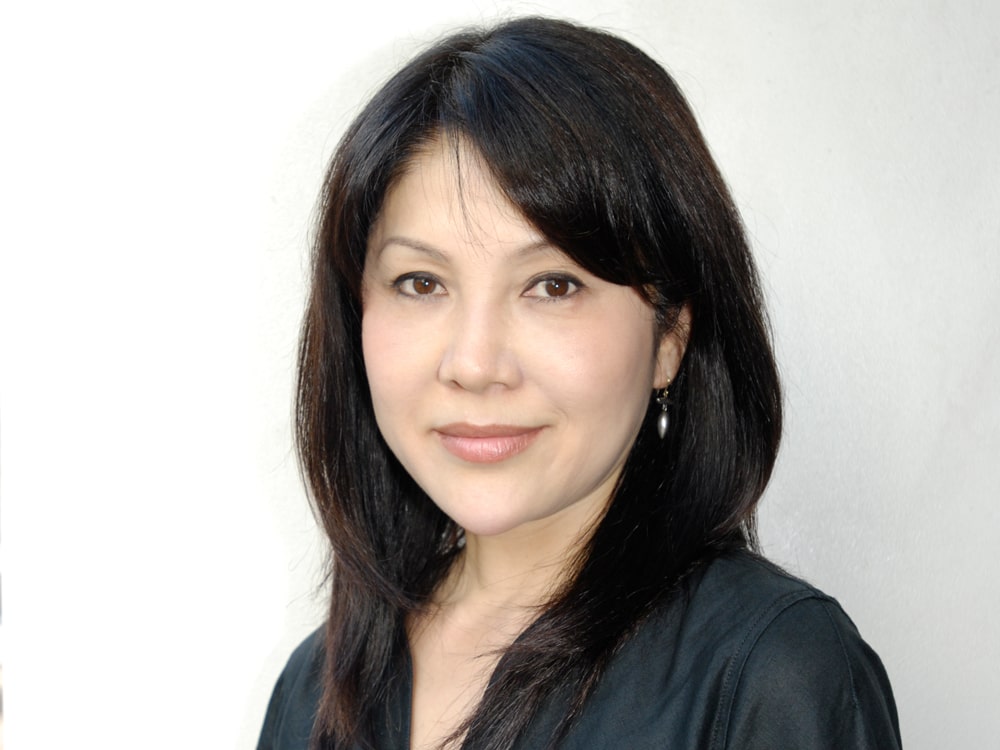![[CINEMORE ACADEMY Vol.2] Screenplay How to make the movie “The Brightest Roof in the Universe”](https://cinemore.jp/images/94f6caf438771ab99ceeb8b3c2620b1db9e746ccc3c4aff324cad471a0aeee82.jpg)
[CINEMORE ACADEMY Vol.2] Screenplay How to make the movie “The Brightest Roof in the Universe”
What is an interesting script?
Q: Thank you for taking the time to talk to us about your wonderful story. To conclude the ``Screenplay'' edition, I would like to ask Director Fujii, ``What makes an interesting script?''...
Fujii: No, this is difficult... For example, when I write a movie thinking, ``The point of a movie is how it can be conveyed without explaining,'' in the actual writing, people say, ``I can't get it across, so please explain properly,'' or ``You should include a flashback.'' There are some producers who say, ``Isn't that right?''...
I guess everyone's favorite movies are different, and the ones I've always followed are Eternal Sunshine of the Spotless Mind (2004), Being John Malkovich (1999), and Synecdoche, New York (2008), all directed by the directors. Charlie Kaufman also played. Anyway, the script is interesting.
My favorite Japanese screenwriter is my teacher Kenji Aoki. When I was a student, I liked Kankuro Kudo and Koki Mitani purely for their entertainment. Also, I respect, or rather admire, director Shunji Iwai's worldview.
Q: "Synecdoche, New York" is really interesting...! Thank you very much for sharing such valuable stories.
Fujii: No, no! There's still a lot to talk about with the script. I wrote this much, but I wonder if it will be shelved. There have been cases where the script didn't make enough money or the cast couldn't be assembled, so the script is the heart of the movie.
I think there are some movies that are good even if the script isn't interesting, but I don't think there are any masterpieces without an interesting script. First of all, the script is absolutely important, and at Netflix, for example, the script is the highest priority, even more so than the cast or director.
Q: Indeed...! Once again, I realized the importance of the script. Just one last thing.... If you're thinking, "I don't like screenwriters like this!" (lol), this is also for those who are aiming to become screenwriters! Please let me know.
Fujii: (laughs). To give you an example from the past, when I was working on the actual production, I suggested to the screenwriter, ``Why should we do it more visually...'', and he was like, ``Why do you have to make it more visually appealing!?'', and it was blown away in a second. I have experienced this. I learned a lot from being told, ``Have you seen my past works? This is what you're offering me.''
Looking back on it now, I've learned more about the scriptwriter, and I've thought things like, ``This is what I think it would have been like if it had been written by 〇〇, but this time I would like to have more of a sense of breadth visually.'' I felt a little regretful that I should have said that. If our vectors are not pointing in the same direction, we end up thinking, ``This person is no good after all...''
Also, I think there are many screenwriters who write both dramas and movies, but they are two different things... It makes me a little sad when you bring your successful experiences in dramas to the movies. Because it's different.
Q: (bitter smile).
Fujii: It's good to make dramas into movies, but dramas are very passive, while movies are very active, so I want people to feel it with all five senses. Silence has a lot of meaning, and the sense of distance from the camera lens can supplement the dialogue. For example, if you try to express your inner voice in a monologue, or if you try to make it easy to understand and easy to understand, I think that will kill the quality of the movie more and more.
Rather than saying there are good or bad screenwriters, I think that if you write a screenplay without having the consensus that ``this is the kind of movie you want to make'' or ``this is the kind of person you want to see it,'' then there will be good screenwriters as well. After all, it gave a bad impression, and the director was the same.
Q: Thank you for your frank opinion. What do you think of Mr. Maeda?
Maeda: I heard from someone who was involved with the script that a famous drama scriptwriter would get angry even if he rolled out a script on set and even got one wrong word at the end of the script. For example, when I say the line "What's that?", he responds, "I'm putting my life on the line!" That's why the scene seems to be so nervous.
What I don't like are screenwriters who can't grasp the chemical reactions that occur on set. In ``The Brightest Roof in the Universe,'' when Kaya Kiyohara, who is closest to the age of the main character, plays the role, something is born inside her. I'd like someone to find it interesting rather than saying, "It's different from the script!" Being able to stand there with the script spread out as if monitoring... You might think, ``There's no such person,'' but apparently there really is one (lol).
――――――――――――――――――――――
Even if you just say ``creating a script,'' it is packed with drama that is even hotter and more painful than the actual work itself. The screenplay, which is the heart of the movie, has a great responsibility because it involves a lot of people and money. The people who write the scripts will not only have to be technically skilled, but also have to be mentally able to withstand the countless opinions that come flying at them like arrows.
Next time, we'll hear more about the preparations before shooting, called "pre-production." Stay tuned!
Vol.3: Click here for the pre-production edition!
Vol.1: Click here for the planning edition!
Director: Michito Fujii

The Graduate from the Department of Film Studies, College of Art, Nihon University. Studied under screenwriter Kenji Aoki. Established the video production company "BABEL LABEL" in 2010. Original work by Kotaro Isaka "Oh! Made his theatrical directorial debut with “The Father” (2014). Since then, ``Light and Blood'' (2017), Netflix original work ``1 Million Yen Women'' (2017), ``Blue Way Back'' (2018), and ``Day and Night'' (2019) have been released. Ru. “The Journalist”, which was released in 2019, won six awards at the Japan Academy Awards, including three for the grand prize. It has also won many other film awards. A new movie, ``The Brightest Roof in the Universe'' (scheduled for release this fall), is coming up soon.
Producer: Hiroko Maeda

Born in Kagoshima Prefecture. Representative director and producer of Alchemy Productions, a video planning and production company. While still in university, he used his language skills to work on concert tours for foreign artists such as Madonna, the Rolling Stones, and Michael Jackson, as well as the production of music programs, and later moved to movies, PVs, and commercials. After meeting film director Shunji Iwai, he made his debut as a film producer with the theatrical film ``Swallowtail Butterfly'' in 1996. Other works by Iwai include ``All About Lily Chou-Chou'' (2001) and ``Flowers and Alice'' (2004). In 1999, he produced ``Big Show: Sing in Hawaii'' (directed by Kazuyuki Izutsu), and in the same year was cast in ``GTO Movie Version'' (directed by Masayuki Suzuki).
After that, he expanded his activities to overseas works. Supervised the production of the Olympic official film, a documentary film produced in the United States for the 1998 Nagano Olympics. From 1999 to 2003, he produced ``2046'' written and directed by Wong Kar-wai in Hong Kong. Produced ``Kill Bill,'' directed and written by Quentin Tarantino, released in 2003 and 2004. Casting and production coordination for the 2005 Taiwanese film "Silk" (directed by Chao Su-ping).
Other major produced works
``Rainbow Goddess Rainbow Song'' (06: directed by Naoto Kumazawa), ``Million Yen and Bitter Woman'' (08: directed by Yuki Tanada), ``Western Confectionery Coandre'' (11: directed by Eihiro Fukagawa), ``MY HOUSE'' ( 12: Directed by Yukihiko Tsutsumi), "Paikaji Nankai Operation" (12: Directed by Toru Hosokawa), "Hoshigaoka Wonderland" (15: Directed by Sho Yanagisawa), "Okeroji! ” (16: directed by Toru Hosokawa), “Hikita-san! I’m pregnant” (19: Director Toru Hosokawa)
Interview and text: SYO
Born in 1987. After The Graduate from Tokyo Gakugei University, he worked at a film magazine editorial production site and a film information site before becoming a film writer. Works on a wide range of topics including interviews, reviews, columns, event appearances, and recommendation comments. Contributed to ``CINEMORE'', ``FRIDAY Digital'', ``Fan's Voice'', ``Eiga.com'', etc. Twitter「 syocinema 」
"The brightest roof in the universe"
(c)2020 “The Brightest Roof in the Universe” Production Committee
Nationwide release in fall 2020
Distribution: KADOKAWA

